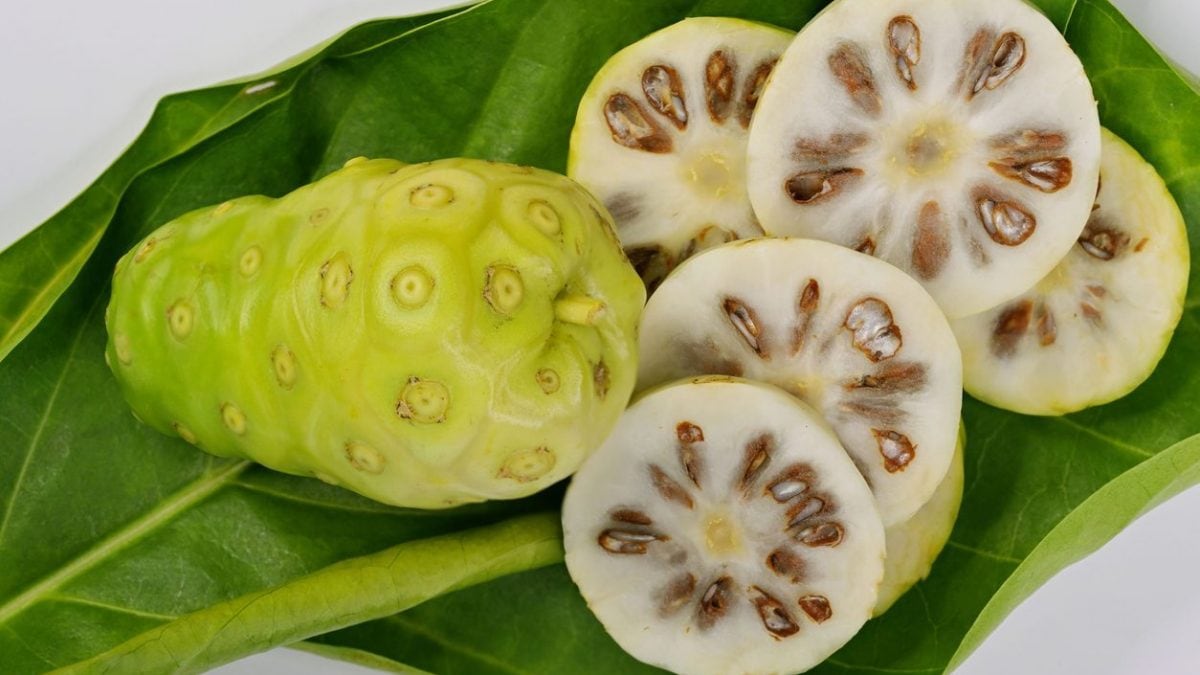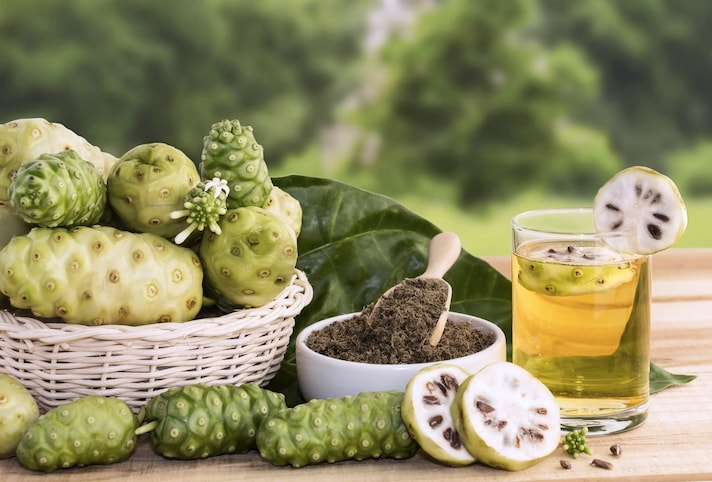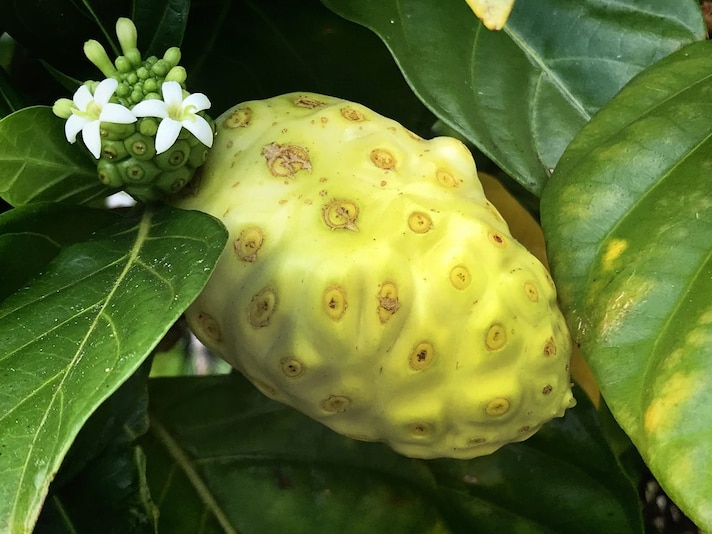
There's a fruit considered almost magical among indigenous Australian and Indonesian communities, but it doesn't seem to have the beneficial, healing effects these people attribute to it. This fruit is called noni: a juice is made from it, widely consumed in the Oceanic continent and in tropical communities, precisely because it's believed to have remarkable health benefits. The reality, however, seems to be different. But let's proceed in order.
What is Noni?
Noni (the name derives from Polynesian) comes from the Morinda citrifolia plant, also known as Indian mulberry or Indian blackberry. It is an evergreen tree found especially in tropical areas, where it appears to have been consumed for centuries, if not millennia. The fruit, green when unripe and almost translucent when fully ripe, is decidedly bitter and unappealing to the palate, and smelly (but not as bad as durian) to the point of being considered the most disgusting fruit in the world. The juice made from it, however, is widely consumed in the tropical and subtropical areas of Southeast Asia. Not so much for its flavor, but mainly because it is believed to have curative properties, a remedy for a wide range of ailments and health problems.

Its use, in fact, seems to be mostly linked to the numerous beneficial qualities attributed to this product. The fruit is considered a true superfood, and the juice is rich in antioxidants, vitamins (C and A), and minerals, including potassium. However, the properties of noni appear to vary with the different cultivation and processing methods of the fruit, which influence its final composition. In short, different brands of noni juice may have different and non-unique values.
The Noni According to The Scientific Community
Noni is credited with a variety of health benefits: it is considered a pain reliever, antibacterial, anti-inflammatory, and anti-tumor agent, as well as an effective stress reliever. For this reason, the fruit has long been used by the indigenous communities mentioned above to combat various diseases and conditions, such as colitis, convulsions, coughs, colds, diabetes, fever, and nausea.

This is precisely the subject of ongoing medical debate. The beliefs of indigenous Australian and Indonesian populations clash with studies (past and ongoing) by the scientific community. The near-miraculous effects attributed to noni by those who have consumed it for centuries have yet to be proven, just as there is currently no concrete evidence to support the existence of these marked beneficial, therapeutic effects. Noni juice, in essence, can be considered a supplement, a natural aid, but not a curative remedy, as is believed by those populations who have consumed it for centuries. In short, noni is far from being the panacea for all ailments that prevents and cures everything. Much to the chagrin of many Australians and Polynesians.
;Resize,width=767;)
